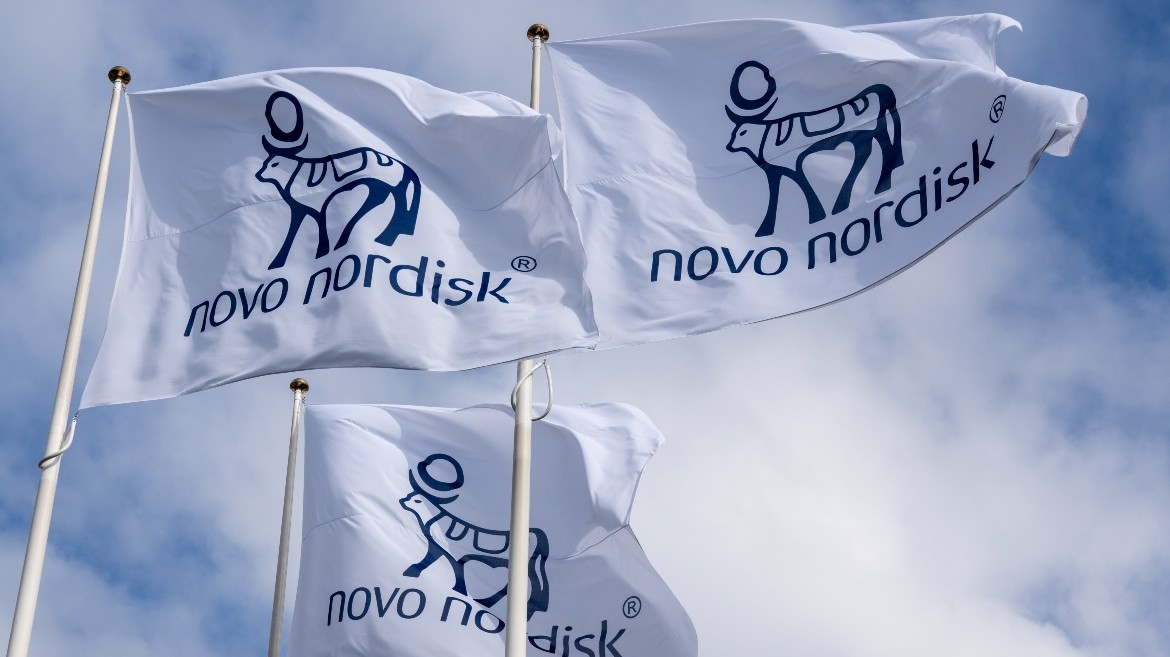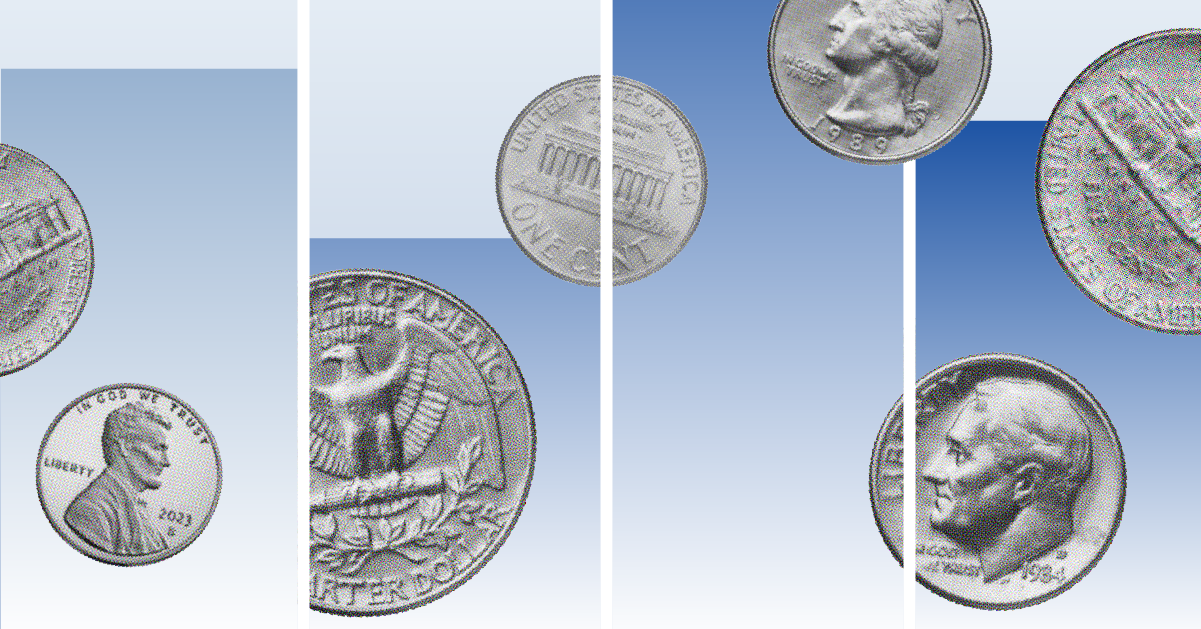Emma Wall: Hello, and welcome to the Morningstar series, "Why Should I Invest With You?" I'm Emma Wall and I'm joined today by Sam Morse, Manager of the Fidelity European Values Trust.
Hi, Sam.
Sam Morse: Good Morning, Emma.
Wall: So, events this week rather overshadowed by the U.S. election. However, it's not the only important election going on in the developed world in the next 12 months. There's a quite a lot going on in Europe as well, which is where you invest. How concerned should investors in European equities be about these upcoming events?
Morse: Yes. Well, as you say, we have a number of elections coming up with the French elections, German elections and of course, very importantly, the referendum in Italy, which is at the beginning of December. And I mean, generally, Europe is dealing with a number of crisis, as you know. Brexit is sort of a new crisis for Europe, but clearly, we've also got an ongoing refugee crisis and as you suggest, some political issues as well.
At the end of the day, it's very important to remember that when you're investing in the Continental European stock markets, you're investing in companies listed in Continental Europe and it's not necessarily where they do all their business. In fact, the European markets are a bit like the U.K. stock market. These days about 50% or more than 50% of their earnings and sales actually come from outside of Europe.
And a lot of these companies are very strong business franchises, resilient business franchises that really depend more on the strength of the global economy rather than the European economy. So, I think, a lot of these political issues can create a lot of noise, but at the end of the day, it's very important to focus on the companies and what's going on in the companies in which you're invested.
Wall: And focusing then on those companies, I know you as a fund manager, like to look for dividend growth which is music to the ears of so many investors at the moment because income is so hard to come by. Given that income has been so sought after for so long because of the backdrop of low interest rates and the fact that we are entering into a low-growth, slow-growth environment, are you finding that dividend growth harder to come by?
Morse: Well, I think, generally companies are finding it harder to grow their dividends sustainably and it's very important to stress that really I look for a good combination of dividend yield and dividend growth. So, it's not dividend growth at any price but dividend growth at a reasonable price or an attractive price.
And I think as you point out, because the growth environment is low and increasingly smaller number of companies are able to sustain dividend growth, but I think those companies will become increasingly valuable as they have in the market to-date.
Wall: And looking then at the investment trusts, I know you run a couple of different funds, but the investment trusts specifically, you have an extra tool there which is called gearing, which is to help boost returns to investors in this slow-growth environment. How have you been deploying that in order to get maximum effect?
Morse: Yes. Well, I think, gearing can be effective in terms of increasing the returns over time to investors, but it has to be used very carefully. It's a double-edged sword and timing is extremely important. During my tenure, the gearing has ranged from about 3% where it is now, so quite a low level, to a much higher level of around 12% or so.
The reason why it's low currently is actually I feel quite cautious about the outlook for markets, generally because I think valuations currently are relatively high and I think where are we in the stock market cycle, I think, generally speaking, we're probably more towards the end of the stock market cycle rather than at the beginning of the stock market cycle and we're not seeing a tremendous amount of earnings growth to support the market. So, yes, I'm afraid at this stage I think it's prudent to have a lower level of gearing.
Wall: Sam, thank you very much.
Morse: It's my pleasure.
Wall: This is Emma Wall for Morningstar. Thank you for watching.






























